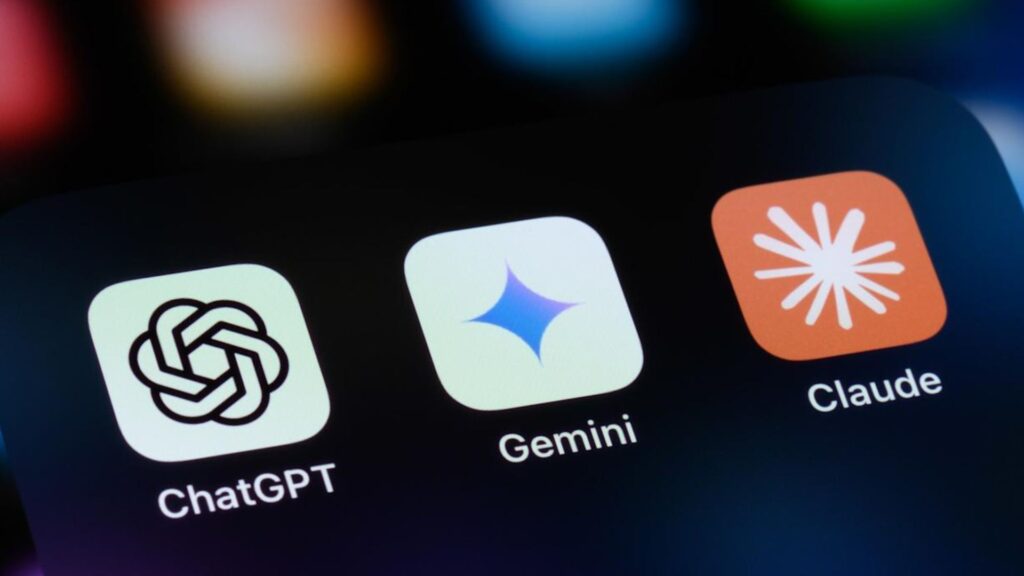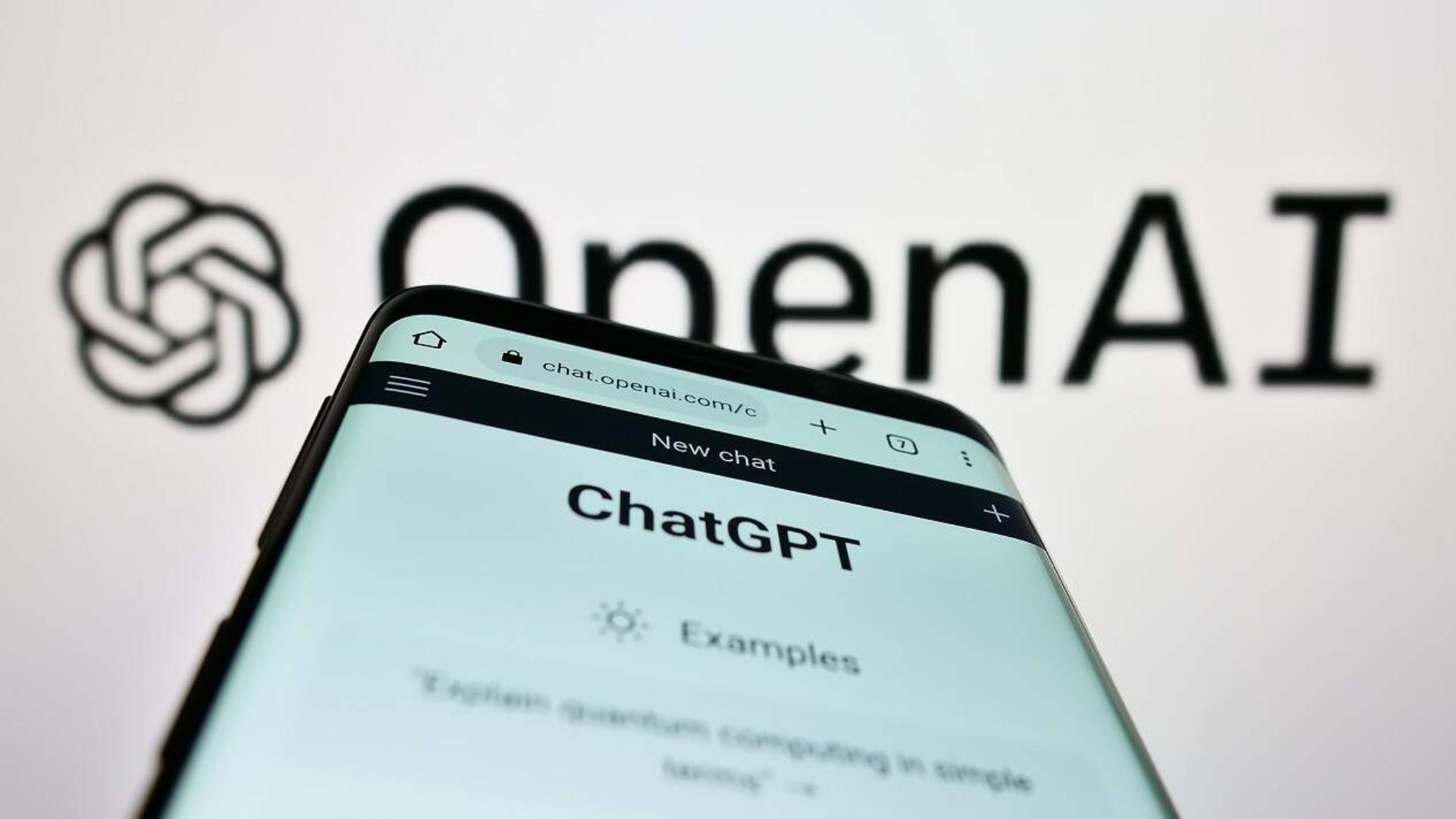
Two leading AI companies have published competing studies this week exposing a stark divide in chatbot usage between consumer and enterprise users. OpenAI reports that 73% of ChatGPT conversations now focus on personal tasks, a sharp rise from just over half a year ago. In contrast, Anthropic’s research shows that 77% of Claude API interactions involve full task automation rather than collaborative assistance.
These findings suggest the AI market is bifurcating into personal and professional niches, with each platform optimizing for distinct user priorities.
Personal Use Dominates ChatGPT Platform
OpenAI’s study, conducted with economist David Deming and detailed in a National Bureau of Economic Research working paper, analyzed 1.5 million conversations from a weekly user base of 700 million. The research found that non-work queries jumped from 53% in June 2024 to over 70% by June 2025, even as daily ChatGPT messages grew from 451 million to 2.6 billion.
Deming observed that only 2% of conversations are casual social chat, countering fears of rampant AI companionship. Instead, the top three use cases—practical guidance, information seeking, and writing assistance—account for nearly 78% of interactions. The study also notes a closing gender gap, with women now representing 52% of active users, up from 20% at launch.
Enterprise Focus on Automation Raises Job Concerns
Anthropic’s Economic Index report reveals that enterprises predominantly use Claude for directive automation, where the AI completes tasks end to end. Software development commands 44% of API traffic, with another 5% devoted to building and evaluating AI systems.
Directive automation on Claude’s consumer platform has surged from 27% to 39% over eight months, marking the first time such use outpaced collaborative interactions. These trends underscore businesses’ growing reliance on AI to replace manual workflows rather than augment human effort.
Implications for Future of Work
The contrasting patterns reignite debates about AI’s impact on employment. Anthropic CEO Dario Amodei warned that AI could eliminate 50% of entry-level white-collar jobs within five years, potentially pushing unemployment toward 10–20%. His concerns resonate as businesses favor full automation over human-AI collaboration.
Stanford professor Jeff Hancock suggests apprehension may be slowing AI adoption in workplaces, especially among younger employees wary of revealing automatable tasks. As ChatGPT cements its role in personal productivity and Claude advances enterprise automation, the economic and social effects of AI will likely diverge across consumer and professional spheres.













I don’t think the title of your article matches the content lol. Just kidding, mainly because I had some doubts after reading the article. https://www.binance.com/de-CH/register?ref=W0BCQMF1
Thanks for sharing. I read many of your blog posts, cool, your blog is very good. https://www.binance.info/vi/register?ref=MFN0EVO1